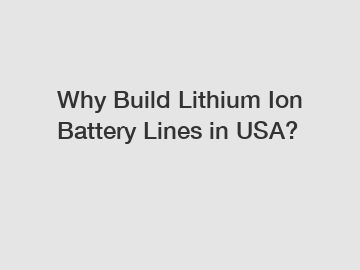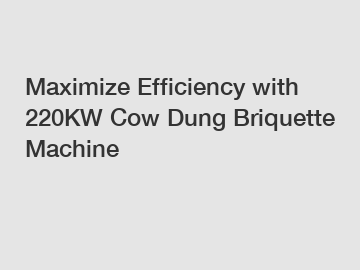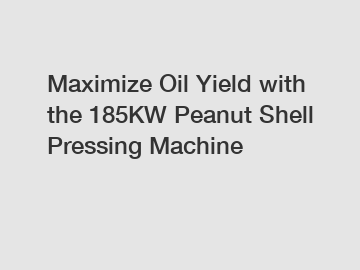Your Position:
Home
> Petroleum Processing Equipment
> 10 Questions You Should Know about Solar Energy Solutions
10 Questions You Should Know about Solar Energy Solutions
If you want to learn more, please visit our website HRSB BOP Manufacturer.
1. What is Solar Energy and How Does it Work?
Solar energy is derived from the sun's rays, which are harvested using solar panels. These panels convert sunlight into electricity through photovoltaic (PV) cells. The basic principle involves absorbing sunlight, which then excites electrons, generating electric current.2. What Types of Solar Energy Solutions Are Available?
There are several types of solar energy solutions, including solar photovoltaic (PV) systems, solar thermal systems, concentrated solar power (CSP), and building-integrated photovoltaics (BIPV). Each has unique applications and efficiencies tailored to various needs, whether for residential, commercial, or industrial use.3. How Efficient Are Solar Panels?
The efficiency of solar panels can vary, with most modern panels converting about 15-22% of sunlight into electricity. Factors influencing efficiency include the angle of installation, shading, temperature, and the type of solar technology used. Higher efficiency reduces the amount of space needed for installation.4. What Are the Costs Involved in Installing Solar Energy Solutions?
The costs for installing solar energy systems can vary widely based on location, size, and type of system. On average, a residential solar setup may range from $10,000 to $30,000 before tax incentives. However, the long-term savings on electricity bills and various incentives can significantly offset initial expenses.5. Are There Incentives for Going Solar?
Many governments provide incentives to encourage solar energy adoption. These can include tax credits, rebates, and grants. For instance, in the U.S., the Federal Investment Tax Credit (ITC) allows homeowners to deduct a significant percentage of the cost of installing a solar energy system from their federal taxes.6. How Does Solar Energy Impact the Environment?
Solar energy is a clean, renewable resource that reduces greenhouse gas emissions and decreases reliance on fossil fuels. While the manufacturing process of solar panels involves some environmental considerations, their overall impact is significantly lower compared to traditional energy sources.7. Can Solar Energy Solutions Work in Cloudy or Cold Climates?
Yes, solar energy solutions can be effective in cloudy or cold climates. Solar panels can still generate electricity on overcast days, though at reduced efficiency. Cold temperatures can actually enhance panel performance. The key is to ensure proper placement and orientation to maximize sunlight exposure.8. What Is the Lifespan of Solar Panels?
Most solar panels have a lifespan of 25 to 30 years, although they can continue to produce electricity beyond this timeframe at a declining efficiency rate. Many manufacturers offer warranties of 25 years or more, providing assurance regarding the long-term performance of the panels.9. How Do You Maintain Solar Energy Systems?
Maintaining solar energy systems typically involves regular cleaning and inspections. Panels should be kept free from dust, debris, and snow to ensure optimal performance. Periodic professional assessments can help identify and resolve any potential issues before they escalate.10. What Should You Consider Before Installing Solar Energy Solutions?
Before installing solar energy solutions, consider factors such as your energy needs, roof condition, budget, and local regulations. Gathering quotes from multiple providers and researching financing options can help you make an informed decision, while also ensuring you get the best value for your investment.Click here to get more.
Further reading:How Does a BOP Wellhead Ensure Safety?
What are the benefits of using sawdust briquettes?
What are the key benefits of Hamburger Bread Moulders?
Understanding Gypsum Powder Production Line Cost for Efficient Investment
What Are the Benefits of a Thermal Oil Furnace?
Cattle Feed Pellet Mill for Sale: Top Options and Buying Guide
Is Your Beverage Processing Machine Compromising Product Quality?
For more bop wellheadinformation, please contact us. We will provide professional answers.
Further reading:Understanding the Benefits of Rotary Root Rakes for Farms
Ultimate Guide to Choosing the Best Shear Shredder for Your Needs
Transform Your Projects with a Rolling Heat Press
How to Choose the Best Baguette Bread Maker?
What Are the Benefits of a High-Output Battery Module Assembly Line?
Boost Your Efficiency: Top Small Business Strapping Machines
Maximize Efficiency with Tubes and Shell Heat Exchangers
Comments
- 0










